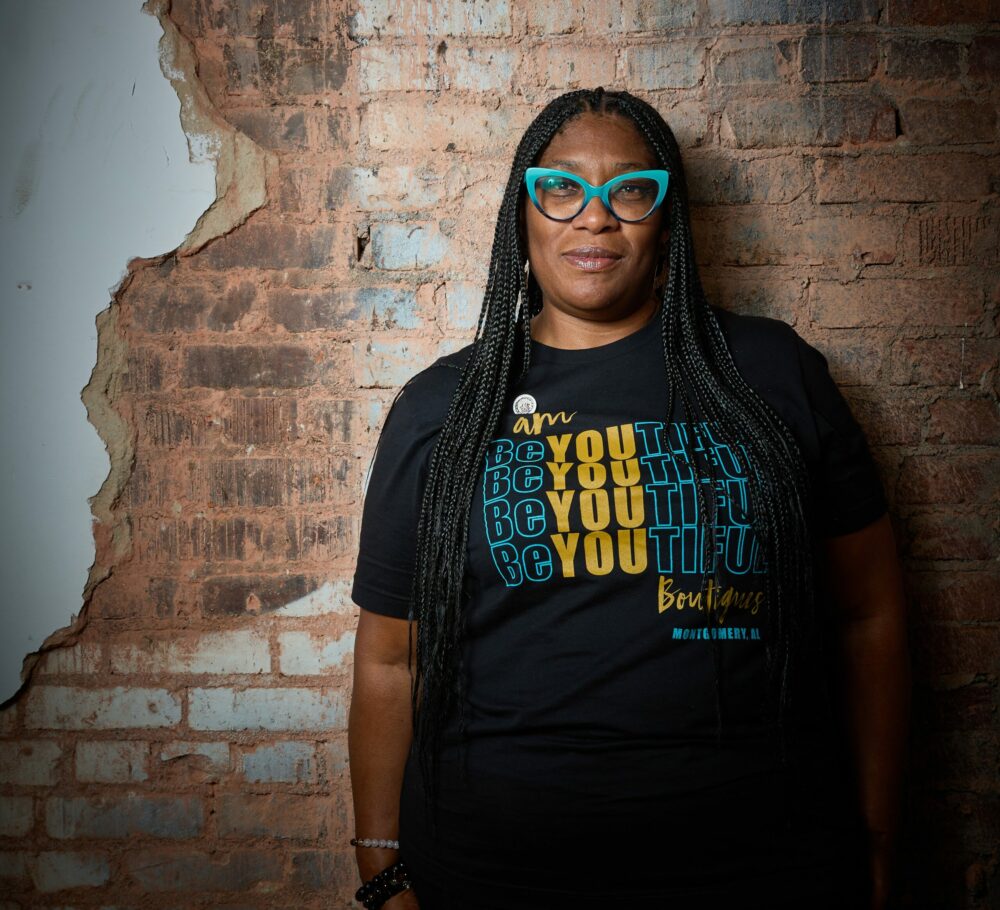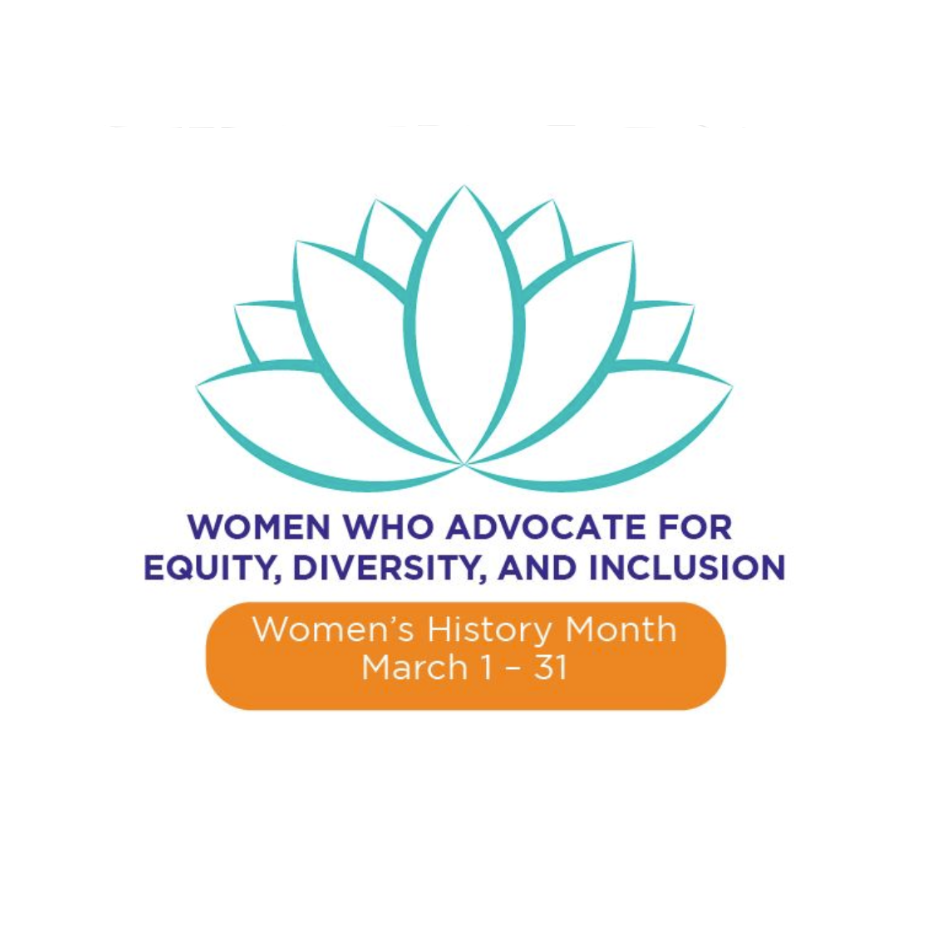March 2024
In recognition of this year’s Women’s History Month theme, “Women Who Advocate for Equity, Diversity, and Inclusion,” First 5 LA is excited to share a profile series that celebrates the work and achievements of Los Angeles County’s inspiring female leaders who are paving the way to a more inclusive county for the benefit of not only present generations, but for those to come.
Adjoa Jones, MBA, Doula, CLES, and outreach and engagement director for the Los Angeles County African American Infant and Maternal Mortality (AAIMM) initiative is an embodiment of this year’s theme, with years of dedication to advocating for equitable birth outcomes for Black mothers, infants, and communities. Most recently, Adjoa has led the outreach and engagement strategy for the Los Angeles County African American Maternal and Mortality initiative, amplifying community voice and lived experiences to drive systems change efforts that are working to ensure that all Black families in L.A. County experience joyous and health births.
Read what motivates her as an advocate, what drives her work, and how she takes care of herself, her community, and future communities to come while making progress toward a healthier future for Los Angeles County kids and families in our profile below.
Thank you, Adjoa, for your dedication to this work and for improving the lives of so many families in Los Angeles by advocating for more equitable systems.

What motivates you as an advocate?
I am often motivated by successful outcomes, hearing the stories of others who have benefited from services, and the access to healthcare services and resources in our communities that either my team, my colleagues, or providers have provided. I am further motivated by my ancestors whose lives were cut short without health access and resources to be free of sickness and disease – because of them, I am here fighting to eradicate health inequities.
When it feels like you aren’t making progress, how do you keep going?
Even when things feel dire or slow, I look to the significance of what has been done in the last six years to address perinatal health services for Black people in Los Angeles County. To have a vision, my lived experience, and expertise, go from a thought to reality. To see one meeting in October 2018 become the launch of the first African American Infant and Maternal Mortality Community Action Team to an entire unit in the Department of Public Health Maternal, Child, and Adolescent Health Programs, partnering with First 5 LA, Black-led Community-Based Organizations/Nonprofits, health plans, and most importantly, community members with lived experience, and an expanded Black birthworker workforce… that’s more than enough to keep me going.
What is your favorite self-care activity or routine?
My absolute all-time favorite is leisure reading, then finding local small businesses to support by purchasing their homemade nontoxic hair/body products to enjoy myself and share with others.
Can you share a specific experience where you played a key role in addressing and challenging discrimination, and what motivated you to get involved?
In envisioning the share, as well as being a part of the creation, development, and implementation of the African American Infant and Mortality Prevention Initiative, was based upon my desire to address racism in perinatal health that had long impacted the lives of Black people. Though I had already been motivated by my decades of work in nonprofits and County Public Health/Health Services, it was reinvigorated when sometime in 2017, I finally heard a public health director, Dr. Barbara Ferrer, state that racism was one of the leading causes of Black infant health. I decided this time we could do it differently for the Black residents of L.A. County – by not just focusing on infant health but maternal health as well – because moms were the ones not being supported in the journey to birth their beautiful Black babies.
What strategies or approaches have you found most effective in promoting inclusivity and combatting discrimination within contexts or environments important to you?
Though my day-to-day work for the last six years has focused on the African American Infant and Maternal Mortality/Morbidity prevention, addressing the biases and racism that have impacted the pregnancy and birthing outcomes for Black mothers and the livelihood of their infants; this work, and the start of this work, has included many Public Health leaders, partners that are non-black. These colleagues/partners serve in leadership roles and have been very instrumental in the development of the strategies and interventions to support what is necessary to reduce African American Maternal and Infant Mortality and support healthy and joyous birthing for Black mothers and supporting Black Fatherhood engagement.
How do you collaborate with others or navigate challenges and resistance when advocating for equality and diversity?
I’m well known for connecting, networking, and collaborating with others, making strong connections to those who share similar goals as it relates to improving the whole person by increasing access, eliminating systemic barriers like structural racism, and uplifting equitable care for those at risk for the most disparate health outcomes.
Can you share one example of an initiative or project you’ve been involved in and what impact have you seen as a result of your efforts?
I’ve seen the expansion of the birthing workforce. I’ve also seen the increase in numerous organizations and individuals becoming a partner in improving pregnancy and birthing services through expansion. This included the start of new nonprofit and Black-owned businesses that serve our communities.








